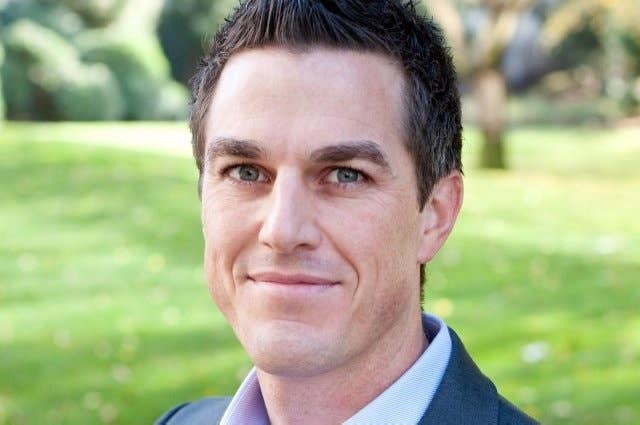EA: "We have to start building new IP that might feel like a big risk today"
Andrew Wilson on trying to build a culture where developers can take creative risks
The knock on big AAA publishers sometimes is that they're too risk averse, that they don't allow their studios to experiment with innovative game ideas because investments have gotten so large and these companies have shareholders to answer to. That being said, game development is at its heart a deeply creative endeavor, and Electronic Arts chief executive Andrew Wilson doesn't want to stifle his teams' creative spirit. In an interview at E3, Wilson stressed that EA is now looking to encourage creativity and allow developers to use a wide canvas because the monster franchises of today aren't always the ones that top the charts in the future.
"It's a culture that the entire management team is driving," Wilson told GamesBeat. "Patrick Söderlund also has a unique view on games and fun. He's gone into sports in particular and injected a level of fun into that that maybe-a lot of us who grew up on EA Sports would not have done that in the past. But we're also trying to build a culture where people feel safe taking risks at a creative level. It's important. We have an obligation to lead from the front and do new and cool and creative and innovative stuff. That's risky. We're trying to create a culture in the organization that supports that, makes it normal and natural and part of who we are."
New IP like Unravel, which was revealed during EA's press briefing and features a cute character made of yarn, is one example of EA's creative juices. Wilson stressed that human beings can sometimes be quick to move on to something new, so EA must be prepared.
"We understand that there will come a day when people get up and want to play something completely different. We have to prepare for that day"
"We look at how human beings interact with entertainment. One thing that you observe is that-if you think about TV series, they get about four to eight seasons before they run out of ideas, before the audience decides to go watch something else," he noted. "Movie studios will release four or five Bond films in succession, or Marvel films, and then they take a break. As human beings we have this insatiable appetite for content. We consume and consume, and then we get up one day and say, 'I don't feel like that anymore. I'll go try something different.'
"Sports, by the way, is the exception to that rule. I'm happy in the strength of our sports portfolio. It's ongoing. But we understand that there will come a day when people get up and want to play something completely different. We have to prepare for that day. We have to start building and investing against new IP that might feel like a big risk today, a big creative risk, but it ultimately might be the next blockbuster. That's an important part of our strategy."
Speaking of EA Sports (which Wilson used to helm), the EA CEO also reinforced how important it's been for EA to support women's teams in FIFA. EA COO Peter Moore had previously condemned those who made a stink about the decision, commenting on Twitter that he was sad to see "misogynistic vitriol"; Wilson went on to say that including women in FIFA was overwhelmingly positive despite some outspoken individuals.
"Having gone and read a great deal and had our community teams looking at that, that was such a marginal element of the overall feedback-more power to Peter for taking it on and dealing with that individual, but in all honesty, I think that only made it bigger than it was overall. In reality, the feedback to putting women's teams in FIFA was almost universally positive," he said.
Wilson added that EA didn't think twice about it because "there are more girls playing soccer than there are guys. We had this huge audience playing our game who didn't feel they were represented inside the game. We went after that. We'll continue to do that.
"For us it's not that risky. It's listening to our community and delivering what they want. When I started making games, we would all get together in a room and say, 'What do we want to build? What do you think the player wants?' Then you put it in the marketplace and you tried to see what people played. That's how we built games. We don't have to do that anymore. Part of building relationships with our players, part of telling them we want to hear from them, part of engaging in a conversation, is that we can do things that might look profoundly risky, but on the inside they're simply answering the requests of the players who play our games. We're going to keep doing that."

